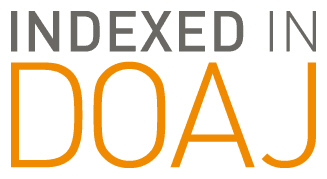Abstract
In the 21st century schools must meet the challenges of current and anticipated increases in racial and ethnic student populations. In turn, school principals must be prepared to lead diverse student populations to high levels of achievement. To facilitate adequate leadership preparation, therefore, the diversity training of educational leaders in given settings must be reworked so that the achievement gap between non-white and white students can be closed. Furthermore, restructuring of principal training is best accomplished through consensus within the profession, based on the tenets of the democratic values of respect, acceptance, and appreciation of diversity.
The purpose of this paper is to add to the body of knowledge in educational leadership degree and certification programs in regard to diversity standards and social justice relevance. This paper provides an overview of a social justice agenda that includes five key elements. The first is a discussion of the term diversity and American demography. The second element is a summary of the sociopolitical context of social justice. The third element is an examination of multicultural education. The fourth element is an overview of educational administration programs. The last element is a review of the moral and ethical leadership standards for educational administrators.
Recommended Citation
Ingram, Ilene L. and Flumerfelt, Shannon
(2018)
"Ethical Development and Diversity Training for Educational Leaders,"
School Leadership Review: Vol. 4:
Iss.
2, Article 5.
Available at:
https://scholarworks.sfasu.edu/slr/vol4/iss2/5
Included in
Disability and Equity in Education Commons, Educational Administration and Supervision Commons, Educational Leadership Commons
Tell us how this article helped you.


